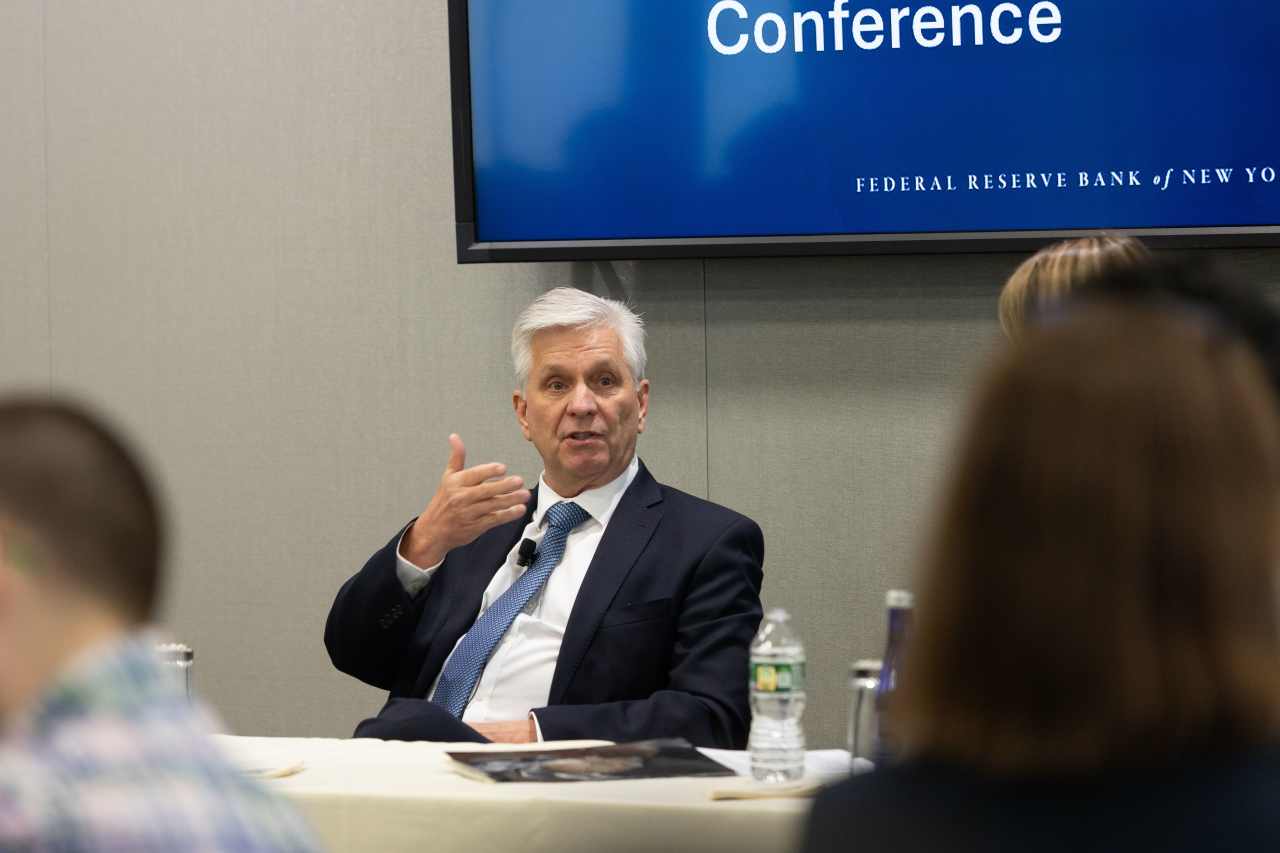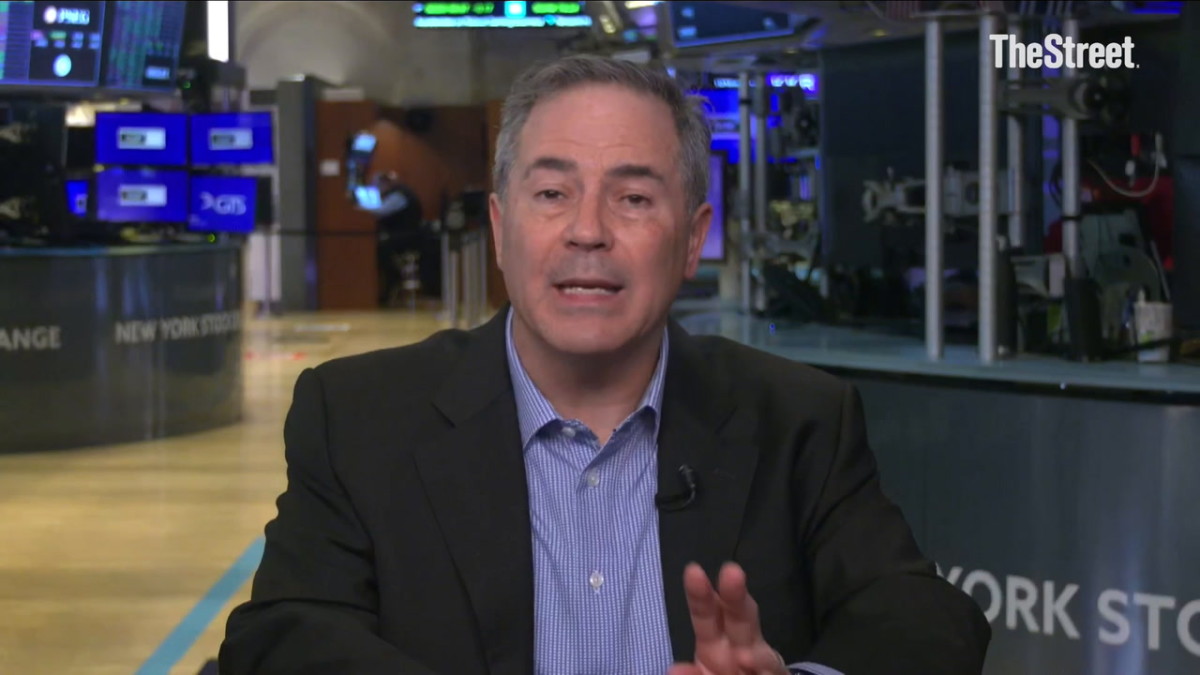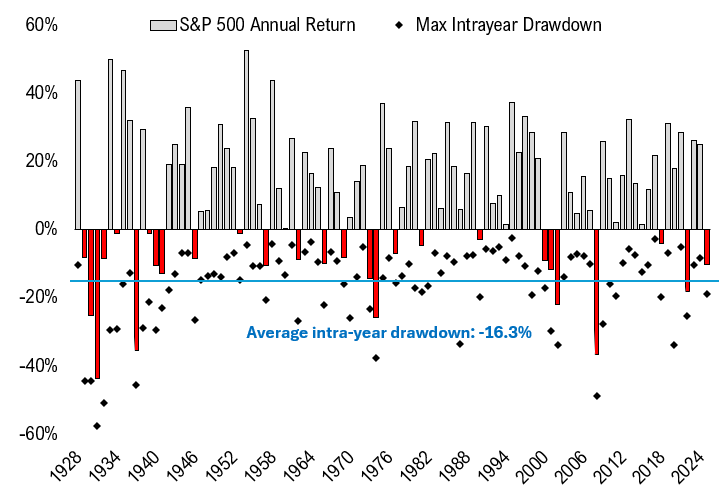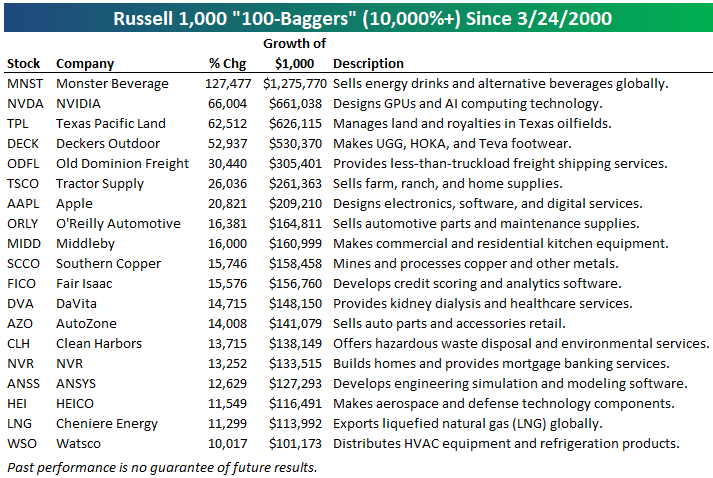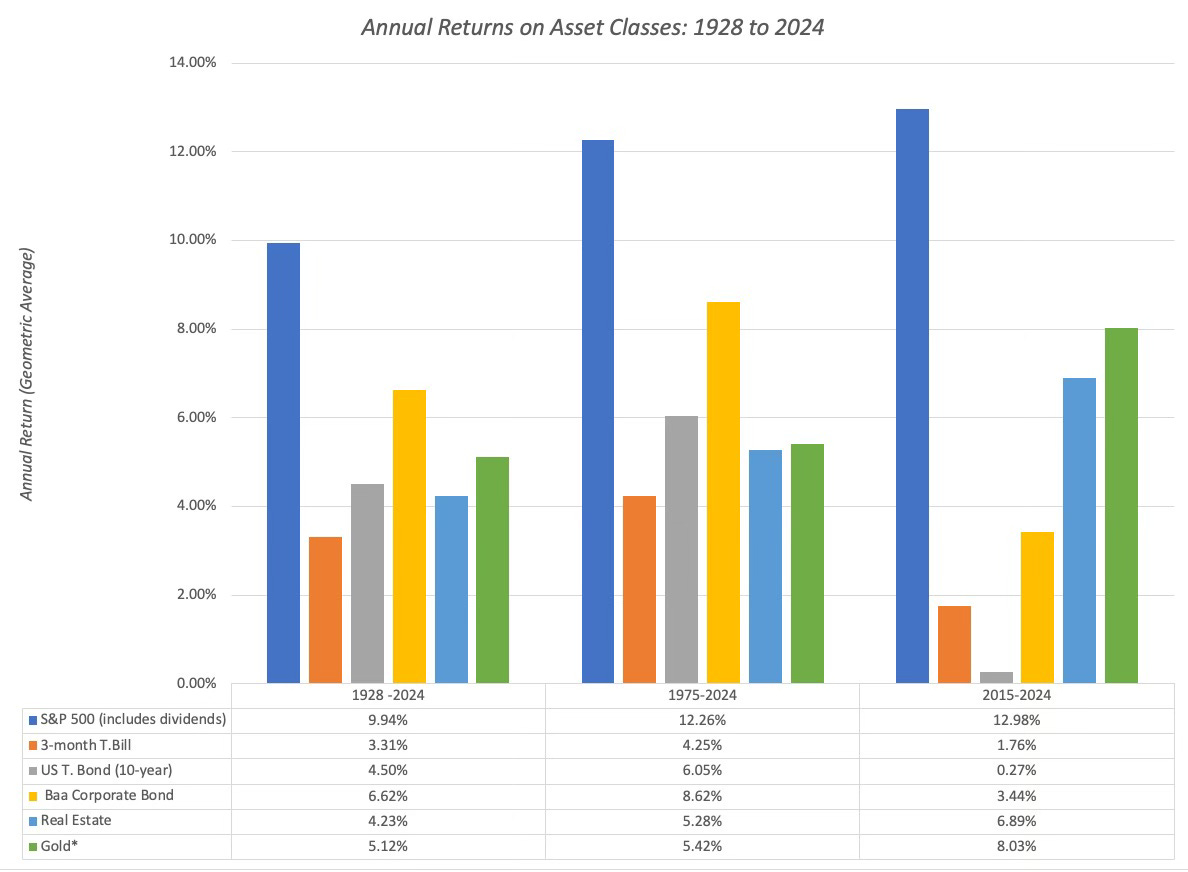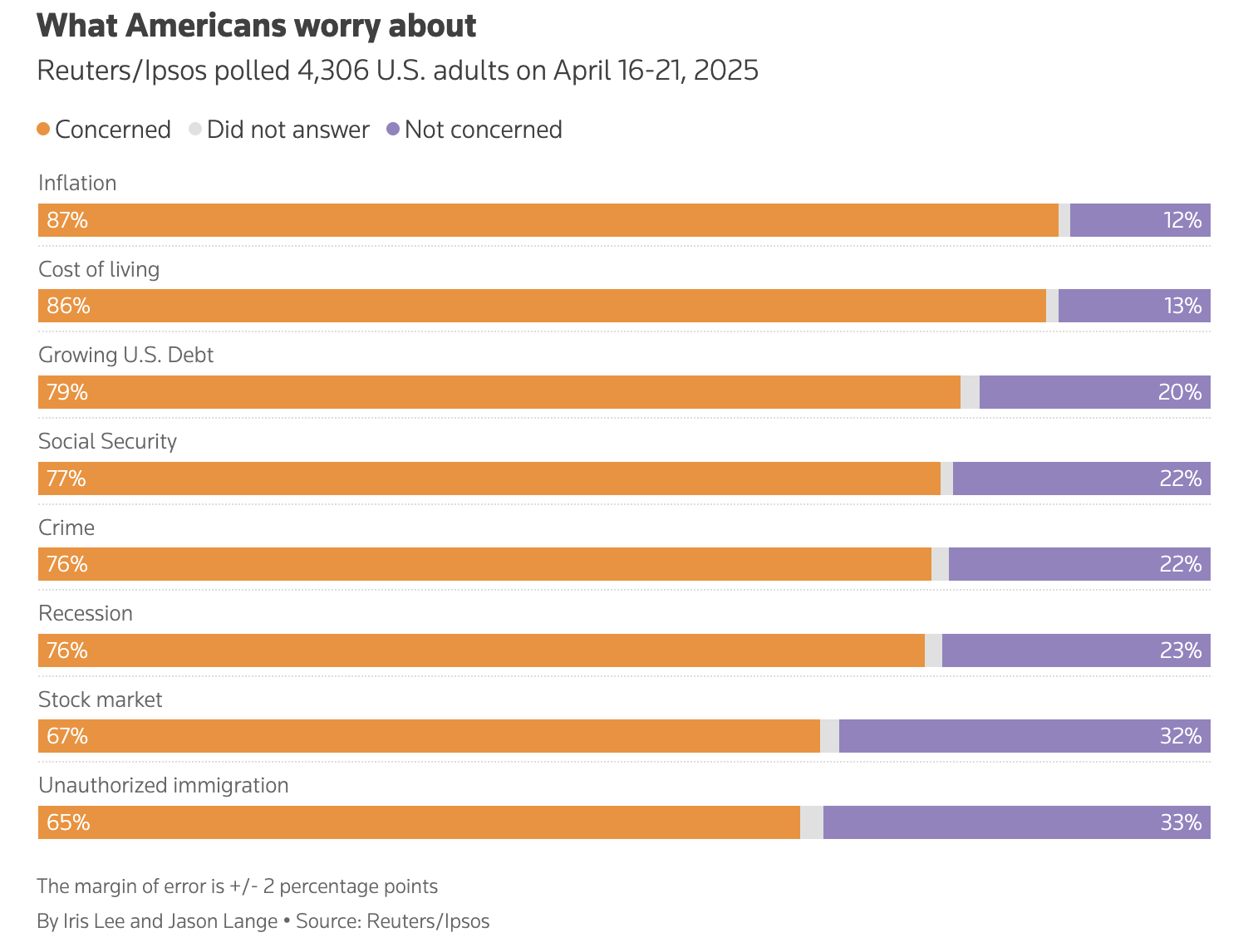I’m considering moving to a low-cost city and cutting my work hours – can I still retire with $4 million saved?
Moving to a city with a lower cost of living can be a fantastic way to retire a few years earlier, with a comparatively smaller nest egg, and perhaps with a more comfortable lifestyle. Undoubtedly, if you’re living in the big city for work purposes, there aren’t as many reasons to stick around once you’re […] The post I’m considering moving to a low-cost city and cutting my work hours – can I still retire with $4 million saved? appeared first on 24/7 Wall St..

Moving to a city with a lower cost of living can be a fantastic way to retire a few years earlier, with a comparatively smaller nest egg, and perhaps with a more comfortable lifestyle. Undoubtedly, if you’re living in the big city for work purposes, there aren’t as many reasons to stick around once you’re ready to leave the workforce, especially if you don’t have family in the area. While moving to rural Wyoming isn’t for everyone, there are cities that offer a great mix of affordability without falling short on the fun factor.
In this piece, we’ll check in on a Reddit couple in their 40s with a whopping $4.6 million saved up (most of which is in liquid assets), who are looking for more bang for their buck as they wind down to an early retirement. Undoubtedly, assuming a 3.5% withdrawal rate (which is a bit conservative compared to the more standard 4% used by those following the “4% rule”), there’s just north of $160,000 pre-tax to live on in any given year.
That’s more than enough to retire in comfort in most cities. And while there’s certainly room to crank up one’s withdrawal rate and retire completely, the Reddit user seems keen on cutting their hours. Indeed, a gradual transition to retirement by going for part-time employment as a stepping stone can be advantageous. It not only helps one beef up the nest egg further, but also makes the transition into a full early retirement less of a shocker.
Key Points
-
Moving to a cheaper city and transitioning to part-time work can be a great way to “coast” into retirement. Though, $4 million is more than enough to retire immediately.
-
Are you ahead, or behind on retirement? SmartAsset’s free tool can match you with a financial advisor in minutes to help you answer that today. Each advisor has been carefully vetted, and must act in your best interests. Don’t waste another minute; get started by clicking here.(Sponsor)
Moving to a low-cost city can make a chubby nest egg that much “fatter”
With north of $4 million banked, there’s more than enough to retire. Of course, those who pursue a “chubby” or “fat” FIRE (which entails heftier monthly expenditures) tend to be bigger spenders. In an urban city center like New York City or Los Angeles, where it’s becoming increasingly less affordable, even a respectable nest egg may not be enough to keep up with one’s spending.
While $4 million is a massive sum that could fund two comfortable retirements in a pricey city, I’d argue that the lifestyle would be more similar to that of someone who’s embraced “moderate FIRE” or even “lean FIRE,” depending on where prices go from here as we gain a better understanding of just how expensive life could get once tariffs work their way into the prices of everyday goods. In any case, going to a low-cost-of-living city is a smart way to upgrade one’s FIRE lifestyle by one or two notches. For frequent travellers, such a move, I believe, could allow one to feel like they’ve achieved “fat FIRE,” which, of course, is the most comfortable of all early retirements.
As always, unforeseen healthcare costs should be planned for well in advance. Even for a healthy, young, and fit 40-something, the financial risks of not having sufficient health insurance coverage could leave one with a few cracks and dents in their nest egg at some time in the future. Either way, part-time work could be a great way to retain one’s coverage while allowing enough free time to transition into a life of leisure.
The bottom line
This prospective retiree is doing it right. They’ve got a massive nest egg and seem poised to get the best of both worlds as they “coast” to part-time work in a new city that will entail lower monthly expenditures. As tariffs pave the way for more inflation, moving to a cheaper city could be the answer as prospective retirees look to get the most value from their nest eggs.
The post I’m considering moving to a low-cost city and cutting my work hours – can I still retire with $4 million saved? appeared first on 24/7 Wall St..






















